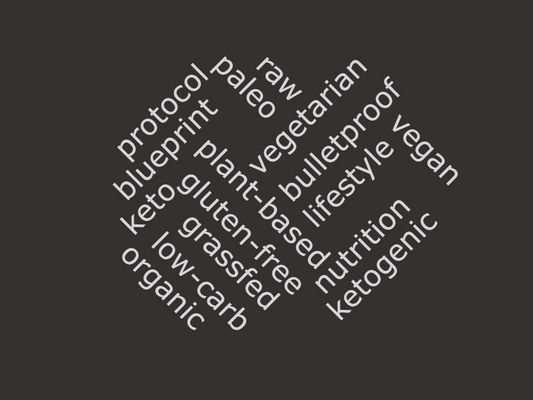What's your mission?

What a ketogenic diet is and how it might benef...
The ketogenic or "keto" diet is a high-fat, low carbohydrate lifestyle currently on the rise as being recognized for its benefits for reaching both health and fitness goals. You might...
What a ketogenic diet is and how it might benef...
The ketogenic or "keto" diet is a high-fat, low carbohydrate lifestyle currently on the rise as being recognized for its benefits for reaching both health and fitness goals. You might...

Vegan, Whole30, Paleo, Keto…what's best?
With so many lifestyle choices available it sometimes can be overwhelming. I know there’s been many times I have asked myself “how do I know what’s right for me?”
Vegan, Whole30, Paleo, Keto…what's best?
With so many lifestyle choices available it sometimes can be overwhelming. I know there’s been many times I have asked myself “how do I know what’s right for me?”

With all the information and products available...
In this blog I am going to provide you with education on eating and supplementation, all based on my experience. I will share product knowledge and pair you with what I...
With all the information and products available...
In this blog I am going to provide you with education on eating and supplementation, all based on my experience. I will share product knowledge and pair you with what I...
